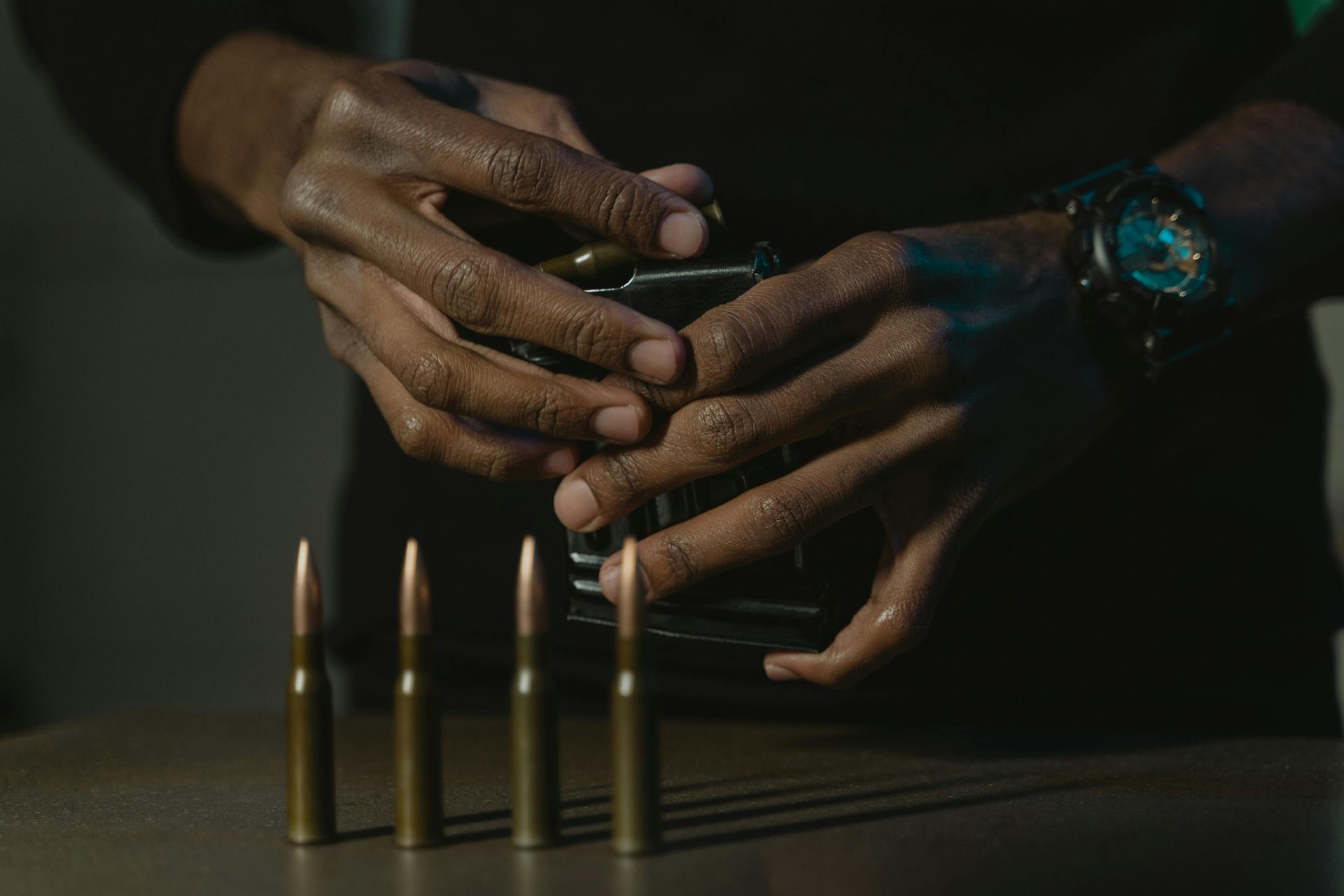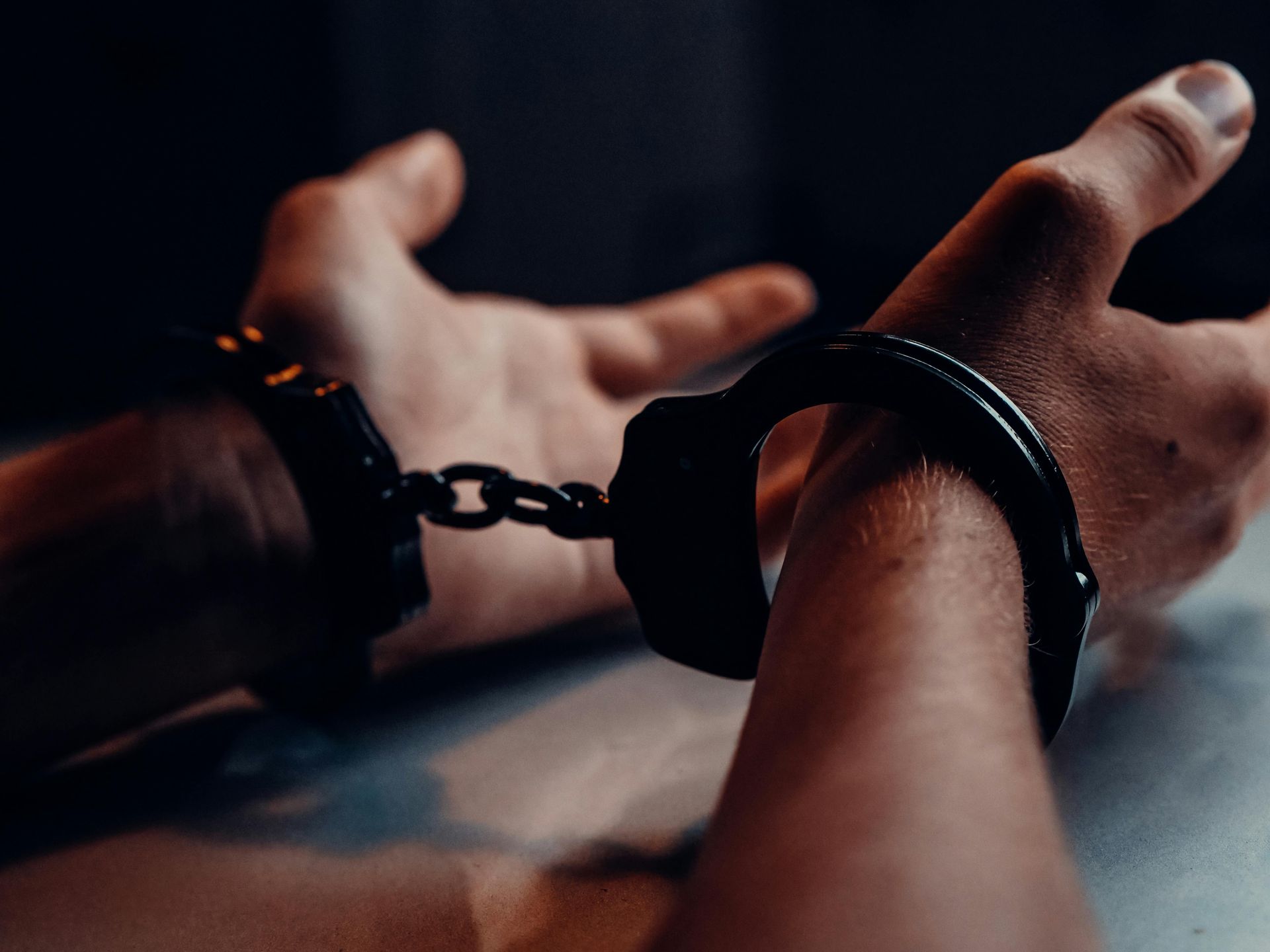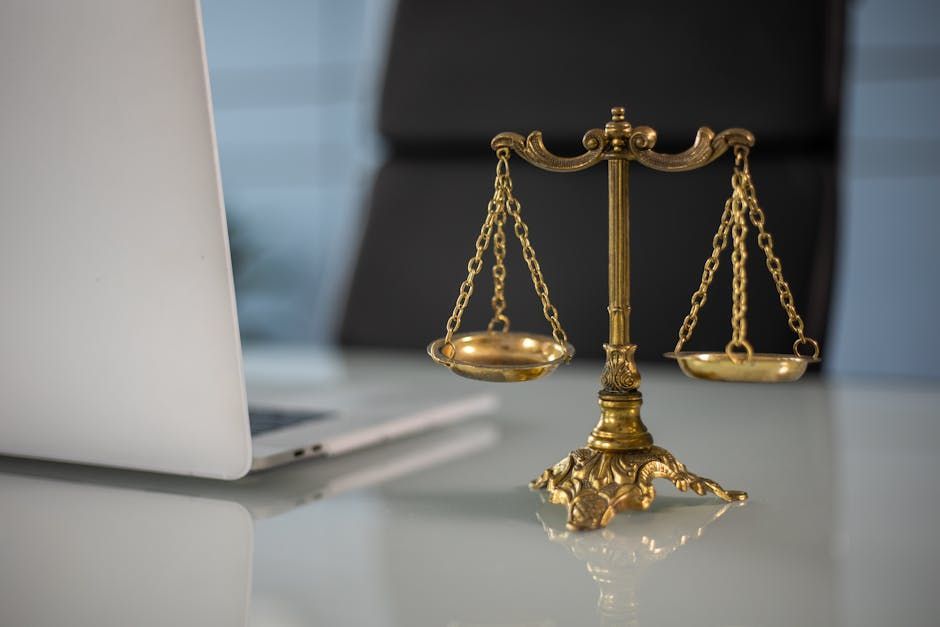Fierce Advocacy for Criminal Charges
When Cyberstalking Becomes a Crime
Cyberstalking has emerged as a serious concern, combining elements of traditional stalking with online behavior. In Massachusetts, cyberstalking is recognized as a criminal offense with specific legal implications. Understanding when cyberstalking becomes a crime and how it intersects with criminal defense law is crucial for both defendants and victims. Here, I'll explore the legal definitions, implications, and defense strategies related to cyberstalking in Massachusetts.
Understanding Cyberstalking
Cyberstalking involves using electronic communication to harass, intimidate, or control another person. This can include repeated, unwanted contact via email, social media, messaging apps, or other digital platforms. The behavior typically involves a pattern of harassment that causes distress or fear in the targeted individual.
Legal Definition
Under Massachusetts law, cyberstalking falls under the broader category of stalking, which is criminalized by Massachusetts General Laws Chapter 265, Section 43. However, the specific nuances of cyberstalking are addressed in related statutes and legal interpretations. In general, cyberstalking involves:
- Intentional Harassment: The perpetrator intentionally engages in a course of conduct that causes distress, fear, or emotional harm to the victim.
- Use of Electronic Communication: The harassment occurs through electronic means, such as email, social media, or messaging apps.
- Repeated Behavior: The behavior is repeated over time, creating a pattern that exacerbates the victim's distress.
- Reasonable Fear: The victim's fear or emotional distress must be reasonable, meaning that an ordinary person in the victim’s position would experience similar distress.
Legal Framework in Massachusetts
Massachusetts has specific laws that address cyberstalking and related offenses:
- Stalking Statute (M.G.L. c. 265, § 43): The statute criminalizes stalking behaviors, including those involving electronic communication. To be charged with stalking, the behavior must involve a pattern of repeated, unwanted contact that causes reasonable fear in the victim.
- Anti-Harassment Statute (M.G.L. c. 265, § 43A): This statute extends protection against harassment, including electronic harassment. It includes provisions for obtaining restraining orders and other protective measures.
- Revenge Porn Laws (M.G.L. c. 265, § 24C): Specifically addresses the distribution of intimate images without consent, which can be a form of cyberstalking. The law criminalizes the non-consensual sharing of explicit images with the intent to cause harm or distress.
- Identity Theft Laws (M.G.L. c. 266, § 37E): While not exclusively about cyberstalking, identity theft laws are relevant when the perpetrator uses stolen personal information to facilitate stalking or harassment.
When Cyberstalking Becomes a Crime
For cyberstalking to be considered a criminal offense in Massachusetts, several factors must be present:
- Pattern of Behavior: Single instances of unwanted communication or contact may not constitute cyberstalking. There must be a pattern of behavior that demonstrates an intent to harass or intimidate.
- Intent: The perpetrator must have the intent to harass, intimidate, or control the victim. This means that accidental or isolated incidents without malicious intent are less likely to be prosecuted as cyberstalking.
- Impact on the Victim: The victim must experience a reasonable level of fear or emotional distress as a result of the behavior. This subjective element requires demonstrating that the victim's response to the behavior is reasonable.
- Use of Electronic Means: The communication must be carried out through electronic means, such as social media, email, or text messages. Traditional forms of stalking, such as physical following, fall under different legal categories.
Criminal Penalties for Cyberstalking
If convicted of cyberstalking in Massachusetts, the defendant may face severe penalties, including:
- Fines: Penalties can include substantial fines, depending on the severity of the offense and any aggravating factors.
- Imprisonment: Sentences can range from a few months to several years in prison, depending on the nature and extent of the cyberstalking behavior.
- Probation: In addition to or instead of imprisonment, a court may impose probation, which can include conditions such as counseling, community service, or restrictions on electronic communication.
- Restraining Orders: The court may issue restraining orders or protective orders, which can restrict the defendant's ability to contact or approach the victim.
- Registration Requirements: In certain cases, especially those involving sexual offenses or severe harassment, defendants may be required to register as sex offenders.
Criminal Defense Strategies
Defending against cyberstalking charges requires a strategic approach. Here are some common defense strategies:
- Lack of Intent: A strong defense argument is that the defendant did not have the intent to harass or intimidate. Demonstrating that the communication was accidental or not intended to cause distress can be a key aspect of the defense.
- Insufficient Evidence: The prosecution must prove that the behavior meets the legal definition of cyberstalking. If the evidence is insufficient to establish a pattern of behavior or the required intent, the charges may be reduced or dismissed.
- First Amendment Rights: Defendants may argue that their communication was protected by the First Amendment, particularly if it involved speech or expression. However, this defense has limitations, as threats or harassment are not protected.
- False Allegations: In some cases, defendants may be falsely accused of cyberstalking. Evidence showing that the allegations are baseless or motivated by personal conflict can be crucial.
- Consent or Relationship Context: If the communication occurred within the context of an existing relationship where mutual consent was assumed, this may affect the perception of harassment. However, the context does not always negate the criminality of the behavior.
- Mental Health Issues: Demonstrating that the defendant has a mental health condition that impacted their behavior or understanding of the situation can be a mitigating factor.
Case Studies and Examples
- Case Study 1: Repeated Harassment: A defendant in Massachusetts was charged with cyberstalking after sending repeated threatening emails to a former business partner. The defense argued that the emails were part of an ongoing business dispute and not intended to harass. The court examined the content and context of the emails to determine the intent and impact on the victim.
- Case Study 2: Identity Theft and Stalking: Another case involved a defendant who used stolen identity information to create fake social media accounts and stalk the victim. The prosecution used evidence of the defendant's online activity and communications to establish a pattern of harassment. The defense argued that the defendant’s actions were motivated by personal grievances rather than a desire to cause harm.
- Case Study 3: Accidental Communication: In a case where a defendant was accused of cyberstalking after sending multiple text messages to a co-worker, the defense demonstrated that the messages were part of a misinterpreted communication error. The defense highlighted the lack of malicious intent and the defendant's attempt to resolve the misunderstanding amicably.
Preventive Measures and Legal Advice
For those concerned about potential cyberstalking charges, taking preventive measures can be crucial:
- Understanding the Law: Familiarize yourself with Massachusetts laws regarding cyberstalking and harassment to avoid behaviors that could be construed as criminal.
- Maintaining Communication Boundaries:
Establish clear boundaries in electronic communications to prevent misunderstandings and potential accusations of harassment.
- Seeking Legal Advice:
Consult with an attorney if you're involved in a situation that could lead to cyberstalking charges. An experienced criminal defense lawyer can provide guidance and representation to protect your rights.
- Documenting Evidence: Keep detailed records of all communications and interactions that could be relevant to a potential cyberstalking case. This documentation can be crucial in defending against false or exaggerated claims.
Speak to a Criminal Defense Attorney
Cyberstalking is a serious crime in Massachusetts, with significant legal implications for both defendants and victims. Understanding when cyberstalking becomes a criminal offense involves recognizing the patterns of behavior, intent, and impact required for prosecution.
Defending against cyberstalking charges requires a strategic approach, including challenging evidence, demonstrating a lack of intent, and understanding legal protections.
For those facing cyberstalking charges or concerned about potential accusations, consulting with an experienced criminal defense attorney is essential. By traversing the details involved in cyberstalking law and employing effective defense strategies, individuals can protect their rights and address the legal challenges associated with this modern crime.
If you're being charged with cyberstalking, contact an experienced criminal defense lawyer like me, Joseph M. Pacella, Attorney at Law. Contact my law office, the Law Office of Joseph M. Pacella, today to schedule a consultation. I serve clients in Springfield, Massachusetts and throughout Western and Central Massachusetts, including Northampton, Westfield, Amherst, and Palmer.










